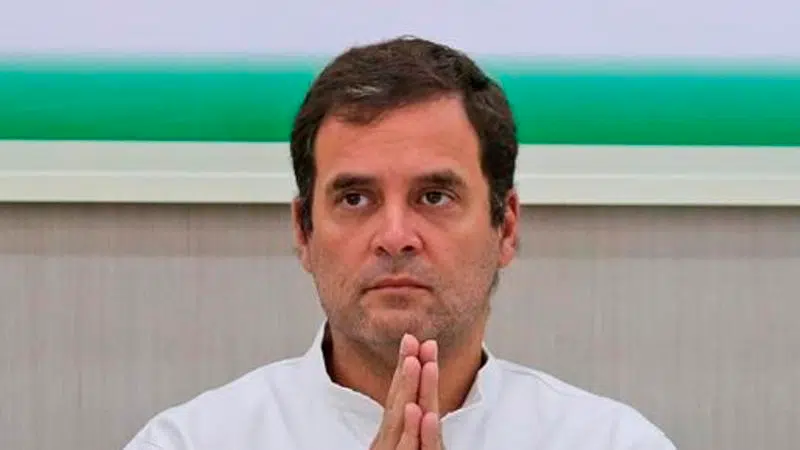
India opposition party leader Rahul Gandhi resigns
NEW DELHI — Rahul Gandhi resigned as president of India’s opposition Congress party on Wednesday, taking responsibility for the crushing defeat of the party, long associated with his politically powerful family, in recent elections.
Gandhi announced his resignation on Twitter, saying he was stepping down because accountability is “critical for the future growth of our party.” He said rebuilding the party requires hard decisions and “numerous people will have to be made accountable for the failure.”
“It would be unjust to hold others accountable but ignore my own responsibility as president of the party,” Gandhi said in his resignation letter.
It was unclear if the Congress party would accept the resignation.
